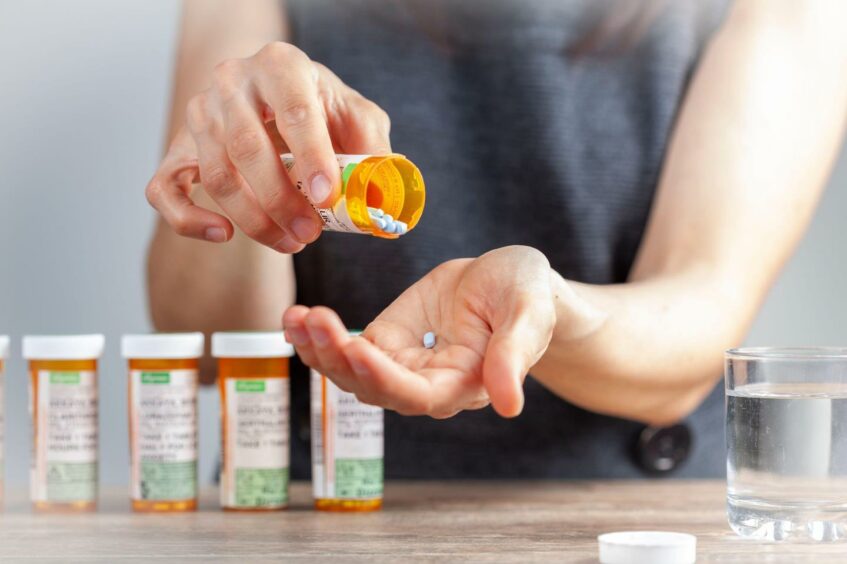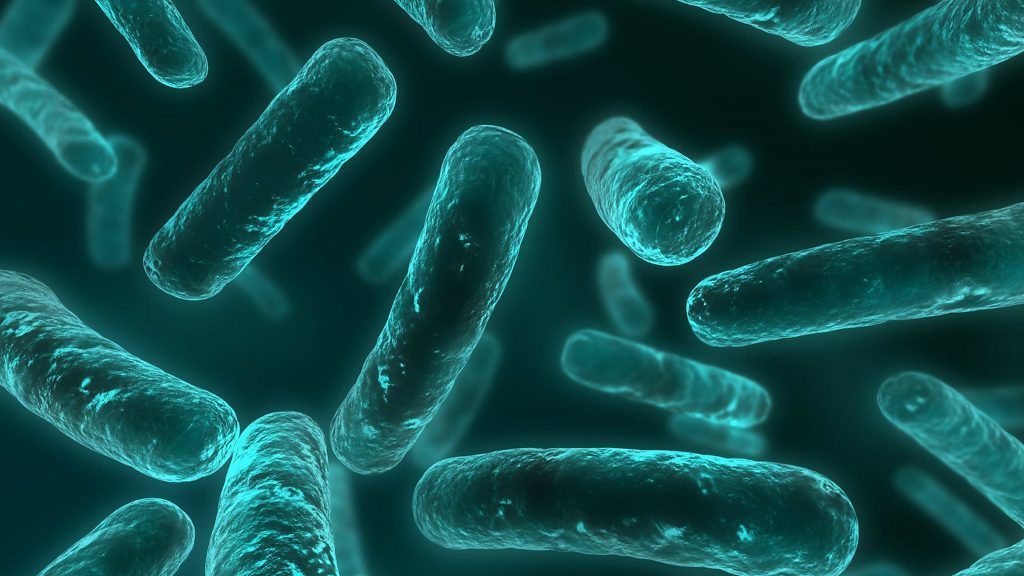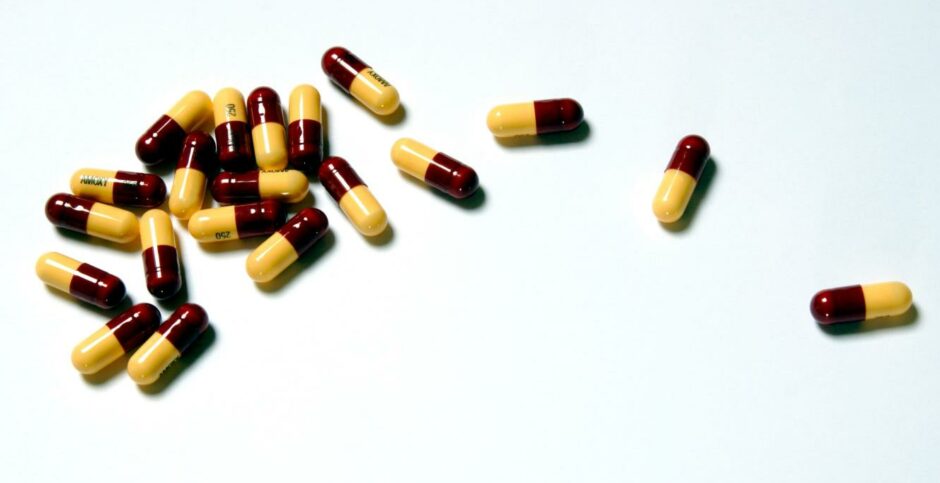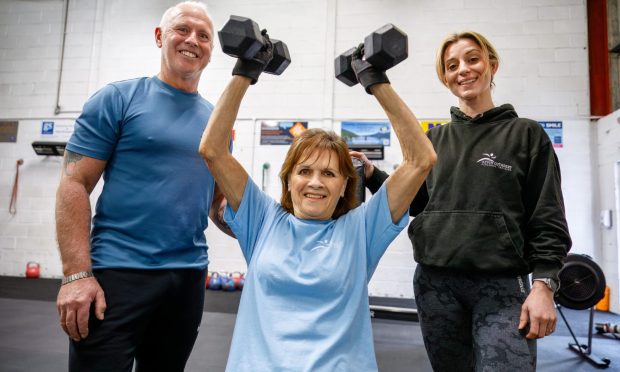Did you know that studies predict in around 30 years antibiotic resistance will kill more people worldwide than cancer?
In fact, the World Health Organisation estimates that by 2050, deaths attributable to superbug resistance globally could be as high as 10 million a year.
But what are superbugs, do they mean you should you stop taking antibiotics, how has Covid changed things – and what can you do to help?
What is AMR – antimicrobial resistance?
The World Health Organisation says antimicrobial resistance (AMR) or ‘superbugs’ occur when bacteria, viruses, fungi and parasites gradually change.
They stop responding to medicines including antibiotics, antivirals and antifungals making infections harder to treat and increasing the risk of diseases spreading.
“Bacteria are our ancient enemies, but we no longer have the upper hand,” warns cell biologist Professor Jennifer Rohn of UCL’s five-year programme, Beyond Antibiotics, developing technology to improve diagnosis and treatment of bacterial infections.
“Already 700,000 people a year die from antibiotic-resistant infections.
‘Pull us back from the abyss’
She says Covid has overshadowed AMR, but stresses: “AMR has very much not gone away. The long-term consequences of AMR will be far more destructive. The world has a part to play in pulling us back from the AMR abyss – both nations and citizens.”
Here’s what you need to know and how you can help prevent it…

1. Antibiotic misuse and overuse is the main cause
The WHO says the misuse and overuse of antimicrobials in humans, animals and plants is the main reason for increasing numbers of drug-resistant infections.
“Poor diagnostic and prescribing practices and patients not following their treatment also contribute” it says. And new antimicrobials aren’t being developed, due to cost.
2. Antibiotic resistance is high for common infections
High rates of resistance against antibiotics used for common bacterial infections have been seen. This includes treatments for urinary tract infections, sepsis, sexually transmitted infections, and some forms of diarrhoea.
The WHO warns this indicates we are running out of effective antibiotics.
3. Covid restrictions helped reduce resistant infections
Many of the Covid-prevention measures we’ve all become used to, including physical distancing and enhanced infection prevention and control, reduced the number of resistant infections.
So continuing thorough and regular hand washing, catching coughs and sneezes, and good cleaning practices remain the most effective ways of reducing infections in the first place, before they can become resistant.
4. Don’t ask for antibiotics when you’ve got a virus
“As we head into winter, it’s important to remember antibiotics aren’t needed for many cold-like symptoms,” says Dr Diane Ashiru-Oredope, lead pharmacist AMR division at the UK Health Security Agency .
“Taking antibiotics when you don’t need them won’t help you and puts you and your loved ones at increased risk from drug resistant infections. Please listen to your GP, nurse, dentist or pharmacist’s advice.”
5. Take the full course
Take the full course of antibiotics as prescribed and don’t share them with others even if they have the same symptoms as you.













